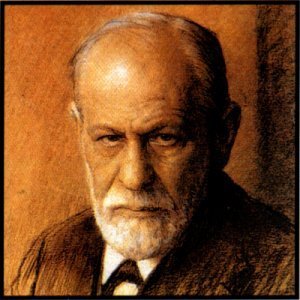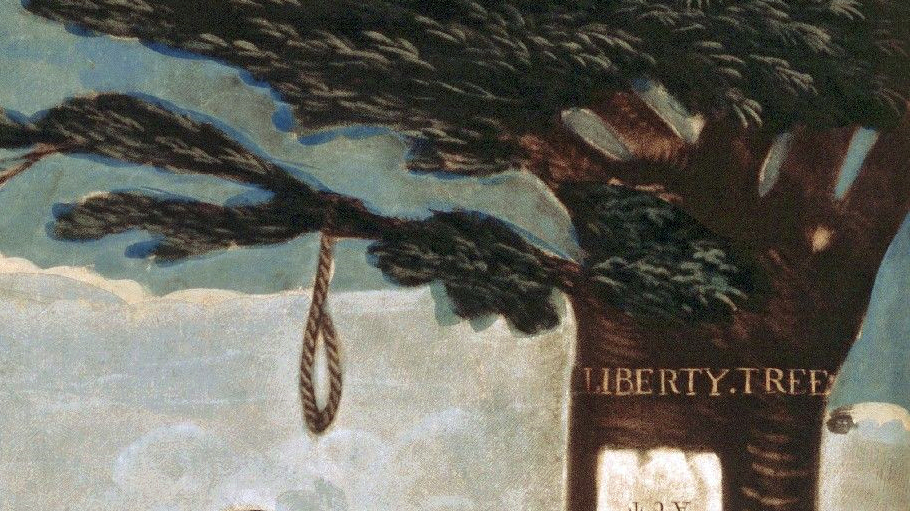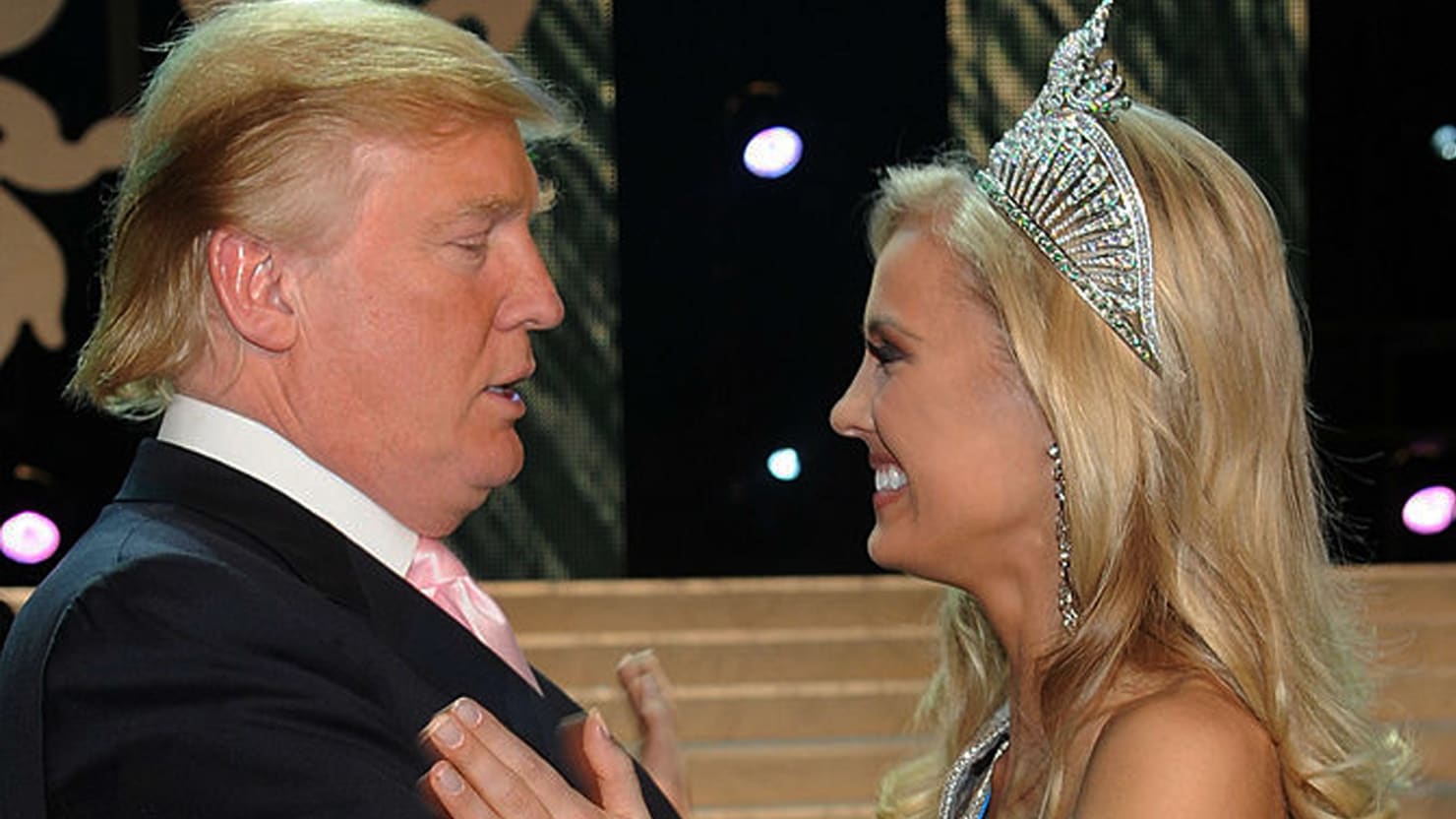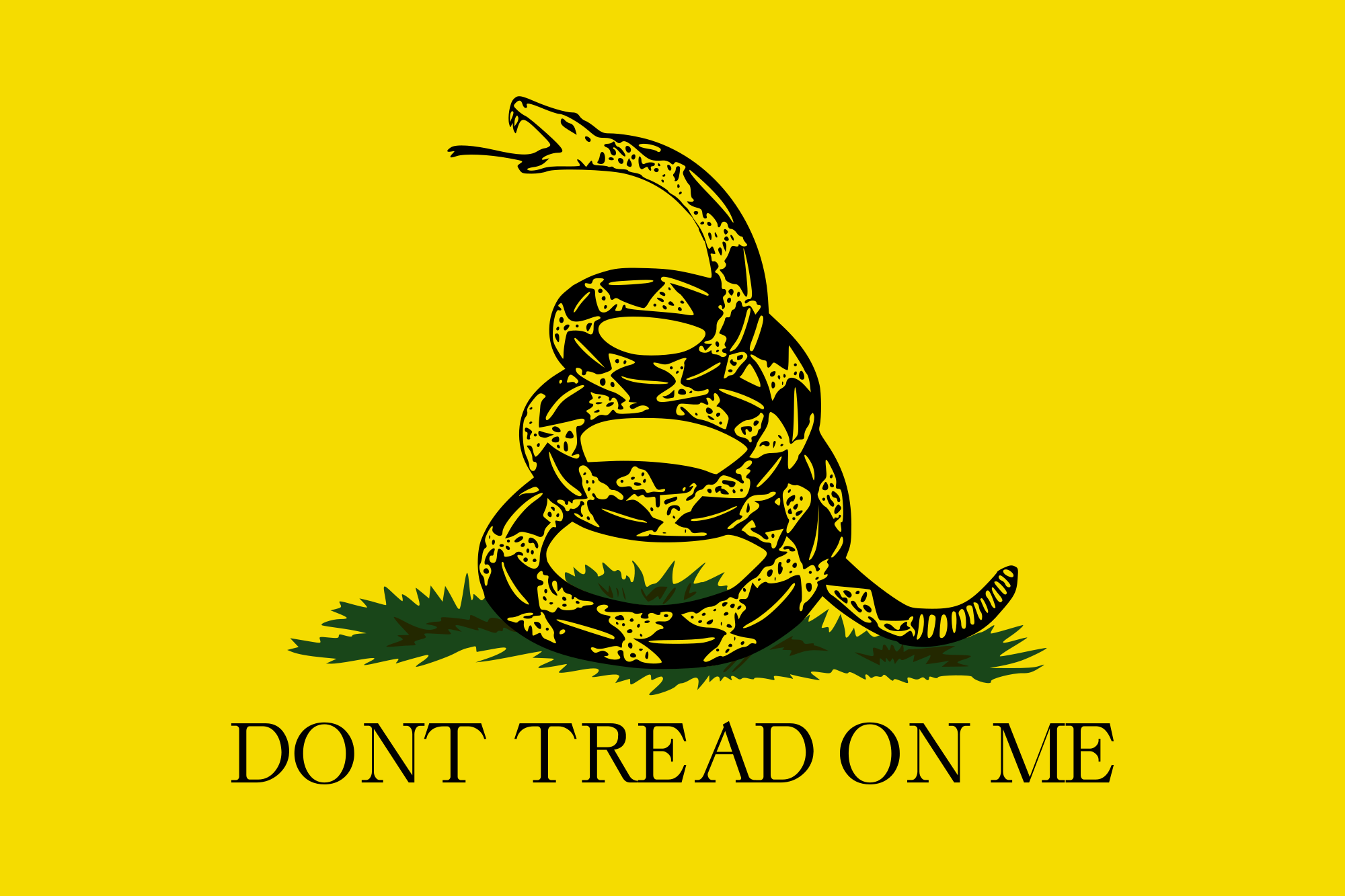The Atheo-Scientific Argument
Science is the only way to know anything about the world, or flipped, what we can reliably know about the world is made possible through science.
It is hard to quarrel with that. If you define the world as the quantum of what we see and experience around us, then the information we receive and process is best understood using a scientific model which depends on observation, tests, corroboration of evidence, and conclusions based on experimental outcomes. The scientific revolution that began just before the 18th century and continues in our time is the greatest cultural revolution since Neolithic times.
But problems rush in to drown our enthusiasm. Even if I mean by “science” the amalgam of natural, physical and theoretical disciplines that describe and predict the way nature works, how things behave, how life was formed and how it exists, I am still fifty-cents short of describing the totality of how human beings experience the world. That is because radical empiricists and scientific naturalists often fail to acknowledge a reality beyond the testable reality of the physical sciences. They do this for the best of reasons, being suspicious that free-range imaginary worlds–like the worlds and heavens religion created in the ancient period–distract people from understanding the models of the world and cosmic origins that science has described in the last century.
There is no doubt that the naturalist position towards stubbornly ignorant “world views” that are rooted in mythology and religious legend is justified. But it is not a legitimate step from that concern to the conclusion that the physical world provides the sum total of reality that human beings experience in their lives, or that a meaningful life could be lived if it were limited to that knowledge alone.
Worlds
Part of the problem is that “the world” does not mean the same thing for scientists and – let’s say – philosophers, historians, or poets. And it may mean something still different for cosmologists and theologians. I am not saying that these worlds inhabit or possess the same reality; I am simply saying that the use of the word “world” to mean only the physical world, which we regard as coterminous with experience, is only one possible meaning of the term. If one begins with the assumption that the physical world “specifies” the meaning of the term it would be permissible to conclude that anyone who possesses special knowledge of this world is in a privileged position compared to those who do not possess such knowledge. That, in essence, is the position of atheo-scientism—or to use the more familiar name, scientific naturalism. Scientists are the priests and wizards of the modern period, presiding over the disenchantment and demystification of the cosmos.
This is not a small thing to mention. The given world, the world we experience as physical reality, is to a certain extent taken for granted by human beings–“like the air we breathe”. It is the job of scientists to explain it to us and help us to understand it for ourselves. When a scientist says (as Krauss often does) he is an “empiricist” he means that the experienced–or to use a 18th century formulation– experimental world–is the only world he recognizes as giving us knowledge. Thus by a simple solipsism a world that doesn’t give us knowledge could not exist. A good place to begin defining world then is with the question whether or what kind of knowledge it provides.
In fact, the physical world does not give us theorems or laws: those things derive ultimately from the same rational mechanism that permits us to interpret any kind of experience, from smelling gardenias to fighting a war. The physical world is the world that makes physical existence possible, sustainable. It neither explains that existence nor requires the laws we impose on it for its interpretation. In fact until the last three hundred years we survived with very little understanding of the physical world. The understanding we have come to possess is the product of observation, experience, and imagination. The biological and physical sciences are human constructs that arise from the human need for explanation: they are not the physical reality itself.
It has been a common mistake of scientific naturalists to think that the physical reality which science describes is superior to any other form of knowledge or, indeed, excludes other forms of knowledge, by conflating the reality with its description. In philosophical terms, it holds that a scientific description of a phenomenon explains all we can meaningfully say about it. Naturalism is to the physical world what pantheism is to religion: it objectifies knowledge in the elements of inquiry so that knowledge itself becomes merely the explication or amplification of physical observation.
Naturalism says that what we know about this world is limited to the evidence of what we can see and test. “We” in this case means human beings who are uniquely equipped to solve complex problems and reach conclusions based on evidence–which may be physical– and inference, which must be logical–the faculty which since ancient times has been referred to as “reason”. The operations of this faculty can be observed in its effects, but reason itself is a metaphysical construct, not a physical one. That is to say it is not the sum total of functioning brains applying themselves to problems. As Kurt Koffka once said of the Gestalt, The whole is not greater than the sum of its parts. The whole is other than the sum of its parts.
Despite our physical and genetic resemblance to other animals, only human beings have a certain conscious control over the physical world through the use of reason (including language and abstract representational systems) and methods and products that derive from it—like computers. We build dams; we put out fires (and cause them), we know when to evacuate an island ahead of a typhoon and how to annihilate cities with nuclear weapons. But if this is so, then we have moved a step beyond the raw world of experience (the world, in a sense, happening to us) to a meta-world of interpretation and explanation which exists intellectually but not physically: us happening to the world. The act of explanation creates a different world of causes and effects and origins (and postulation) which is unique to our species.
Transcendence
We can at least imagine ourselves to transcend this world because we can understand and manipulate it. We can even associate knowledge and understanding of it with mastery and control. We can imagine a being who transcends it and created it, primarily because we have never encountered “being” that is not in some sense, conditional, contingent, or caused. Even the universe, which is physically vastly greater than us. can be conceptually transcended, if in fact we are not limited to defining reality to the physical universe. Augustine, the Christian mystics, Descartes, Einstein, and Planck have all done this, in different ways for different reasons. Religion is only the primitive form of the assertion of transcendence through postulating a being (God) or beings (avatars) and processes (karmic or apocalyptic cycles) that explain the universe.
Religion is the source of our idea of being, eternity, and infinity, though none of these things is purely physical or has ever been tested, and can only therefore exist conceptually. As an explanation of the physical world religion, in the broad sense of the term, commonly resorts to myth, symbol and ritual—to the irrational—rather than to description.
From the naturalistic standpoint, religion has nothing to say about the natural world that would constitute “knowledge.”
Reductionism
Limiting the definition of “world” to the physical reality we experience is a form of reductionism, and the kind of scientific naturalism that Krauss and the atheo-scientists subscribe to is reductivist: it claims a kind of epistemological sovereignty over knowledge because it limits knowledge to its definition of the world.
But not all knowledge is knowledge of the physical word. There are serious and fatal problems in assuming that it is, as not only artists and philosophers might rush in to say, but even theoretical physicists who don’t share Krauss’s naïve understanding of what counts for knowledge. The worlds of poets, mathematicians, artists, architects, economists, musicians, philosophers and religious people are also unique to our species. The products of culture they generate are not necessarily physical, yet they constitute a crucial part of human experience, not merely an extension of the physical world. A musical composition, a design for a bridge or museum, a mathematical theorem, and a new model for cosmic beginnings can be instantiated on paper and in space, but their physical reality is (to use Aristotle’s’ language) accidental to what they are essentially, substantially. Substantially their form exists in human imagination and intelligence, where most of what we see around us in daily life (that isn’t rooted in the earth or forming its boundaries and mountains) exists. The physical world as described by the laws of physics and chemistry does not account for these extended worlds, nor are they necessitated by it. They are the products and expressions and preservers of human knowledge which tradition calls “civilization.”
Et Invisibilium
There are a great many things that we know that we cannot see or test. In medieval logic, this division was thought to exist as a division between “truths” or principles which were known a posteriori (by accumulation of experimental evidence) or a priori, known by reason, as for example the truths and axioms of mathematics. Mathematics was never seen as being a branch of knowledge because it allowed you to measure for living room curtains or calculate the distance to the sun, but because it could be used to express relationships and model between physical realities and abstract or imaginary ones, just as language permitted us to speak in ever more specific ways about existential, social and psychological realities. It is one of the most cloying issues for the naturalists to acknowledge that mathematics, the indispensable language of science, is not based on empirical but, as John von Neumann argues, intellectual and even aesthetic models.
These thought worlds were not physical, but they were nonetheless real. And even a physiological model of how they are constructed does not make them real in the sense the physical world is real to us. For one thing, the physical world expresses itself more or less univocally (in constants) to every person. Other worlds present themselves in various ways to groups or even individuals, while the general public may never experience them at all. The world of Quantum physics and cosmology in fact is that kind of world, despite the claim that it is rooted in empirics. As George Ellis has commented, “Amazing fine tuning occurs in the laws that make this [complexity] possible. Realization of the complexity of what is accomplished makes it very difficult not to use the word ‘miraculous’ without taking a stand as to the ontological status of the word.”
To put it slightly differently, science is unsurpassed in its ability to explain the elements and operations of the external world. But even with advances in neuroscience and the relegation of certain debates (mind-body dualism for example) to the attic of metaphysics, science has no special role to play in describing thought worlds and non-empirical reality. Moreover, we need thought worlds to exist. It is where Einstein and Bach and Shakespeare lived; indeed, many scientists live there as well. Except for the tautology, “Culture is what people make,” there is no unitary explanation for why we make it, just as in religion there is no explanation for why God makes the world and why in quantum physics there is no (convincing) reason, absent an eccentric definition of nothing, as to why there should be something.
There is nothing in our experience of the world to suggest that the physical world is the terminus of our experience and cognition. In fact, the progress of science itself will likely render scientific naturalism and its reductive tendencies obsolete. To develop a complete model of the way in which human beings experience and interpret the world, naturalists must reject the twentieth century model that science is the world explaining itself to us in a special language. The model itself eerily echoes the one promoted by Egyptian and Canaanite priests in the 1st millennium BCE. Instead, they must look more closely at extended worlds, imagined worlds, and non-physical reality which have provided both knowledge and meaning necessary for human and cultural survival and progress. We have really just begun to explore these worlds and do not possess a sufficient calculus or language for the study, but as learning progresses, the fate of the atheo-scientist, secure on his island of experimental knowledge, is unclear.
Knowledge
The existence of imagined worlds is not the same as the existence of imaginary worlds or virtual worlds: since the time of the ancients, it has been possible to construct utopias and dystopias, heavens and hells (their religious equivalents), to furnish and populate them and give them laws and geography.
Plato’s Atlantis—a fiction from the start–was the model for More’s Utopia; Vergil’s underworld, through Dante’s use of its architecture, becomes one of half a dozen models of the mediaeval Christian hell. The Christian heaven is more elusive; but the Islamic paradise is described in fulsome detail both in the Qur’an and in other writings, like that of al-Bukhari, and ultimately derives from pre-Islamic poetry and cults like the Sabaens.
These imaginary worlds are fantasies, strategies and illusions. Their “reality” is limited to the psychological context in which they occur. They are not objects of knowledge but products of religious tradition, much of it inconsistent. No reasonable person, religious or otherwise, should have any issue with a naturalist critique of imaginary worlds. They are clear examples of projected wishes, dreams and desires usually clumsily configured in terms of mansions, opulence, gold, and sexual delight—or the deprivation of these things in a place of everlasting suffering.
“… there will be there all that the souls could desire, all that the eyes could delight in …” (Quran 43:71)
“Eat and drink at ease for that which you have sent forth (good deeds) in days past!” (Quran 69:24)
“… They will be adorned therein with bracelets of gold, and they will wear green garments of fine silk and heavy brocade. They will recline therein on raised thrones. How good [is] the recompense! How beautiful a couch [is there] to recline on!” (Quran 18:31)
“They will never fall ill, blow their noses or spit.” (Saheeh Al-Bukhari)
It wasn’t too long before philosophers caught on to the fact that the human imagination unconstrained by reality is capable of producing visions on demand. Coincidentally, though the history of Renaissance art may seem to belie this, not much was added to the theological description of Hell and Heaven after the Middle Ages, and it was the raw physicality, the this-worldliness, of these doctrines that made belief in reward and punishment a growing embarrassment for the Church after the sixteenth century. The more we know about consciousness and cognitive states, the more we know why this is true. Wishful thinking can create Wonderland, life on Mars, parallel universes, and the Islamic Paradise. Without the ability to we would be limited to the reality presented to us by the physical world—a world in which we see suffering, destruction, and our own death.
Moreover, some imaginary worlds are cosmologies while others are not. The Genesis story is not a cosmology, except in the minds of Christian and Jewish fundamentalists. Formally, it is an etiological myth about creation that was probably sung by Hebrew priests once a year to celebrate the winter solstice, the end and new beginning of the primitive astronomical year. It is not a story about “heaven” as a dwelling place of God because in the story god pre-exists it and makes it. It is an early, ritualized account of physical beginning that is scientifically wrong but historically interesting.
Moreover, in most ancient Near Eastern religions, heaven and hell do not exist as eternal abodes: the ancient Hebrews did not regard either immortality or heaven as appropriate fates for mortals—only the gods, or God, were fit to possess eternal life.
In fact, one of the characteristics of mythological expressions of religious ideas is that they are normally fluctuating, inconsistent, and even contradictory over time.
Atheo-scientists have habitually ignored the rich store of information made available in the last two centuries from the historical study of religion in favor of a trivial focus on what modern believers believe. This fact has made it embarrassingly easy for them to attack a kind of religious straw man concocted of their own assumptions about what religion is, what “typical” religious people believe, and what forms of irrational behavior religious books and doctrines drive people to.
This war between atheo-science and yahoo religion is made possible because both sides adhere to literal interpretations of ancient texts and their mythical view of the world, the believer putting his physically specific non-existent world into competition with the existing physical world as though both were plausible descriptions of reality: the result is the twin ignorance and parallel literalism of the uninformed believer and the unknowledgeable “scientific” observer. This is especially true when the atheo-scientists join other atheists in lampooning the contents of a 2500 year old religious anthology for its “violent” content, on the assumption that the generality of modern believers follow its rules and believe its stories at face value. In its present deadlocked state, and with the foremost atheo-scientists saying they have nothing to learn from the study of history, philosophy and theology, the entire controversy is little more than a slanging match performed on a wobbly stage of badly constructed premises.
The medieval theologian Anselm of Canterbury, replying to a minor empiricist named Guanilo of Marmoutiers, asks his readers to distinguish between a “perfect desert island” we know by report and one that exists only in the mind. For him, true knowledge consists of something existing not merely in the mind, but in the mind as well as in reality and given the weird contours of medieval philosophy an island which exists only by report or in the mind is less “perfect” than one which exists in reality. God (he argues) cannot be thought not to exist (a) because it is the greatest being that can be thought to exist (unlike a paradise island), and (b) any lesser not-necessarily existing thing would be contingent for its existence on a previous necessarily existing being. Anselm’s arguments have been fodder for undergraduate philosophy and theology for almost a millennium but the key thing is that he regards existence as a kind of “perfection” added to something which can simply be conceived or imagined in the mind. For an empiricist like Guanilo a thing that can be conceived but does not exist is not in any sense “knowledge” because (physical) reality provides the control for truth. For Anselm, working on an ancient stoic principle, a thing exists in the mind before it exists in reality, a phenomenon the stoics associated with idea of logos: the unspoken or thought word (logos endiathetos) and the expressed word that exists as a sentence or piece of writing, a theory, a museum, (logos prophorikos). In the extended world, something must always exist in the mind in an unexpressed way before it exists in a real way. The child is father of the man; in the beginning was the word.
Without becoming overly technical, it is this important ancient critique of empiricism that modern naturalist scientists like Krauss and Dawkins and their followers have simply lost, have never encountered—or don’t understand. If it is true that the physical world is the font of all that counts for knowledge then anyone who understands that world and the languages through which is mysteries are communicated “knows” more than someone who doesn’t. And clearly, someone who spends his time lost in the imaginary worlds of religious fantasy—in Heaven or Valhalla or Armageddon—is farthest away from knowledge.
But as we have seen, the physical world is simply the launching pad for other worlds of knowledge that constitute essential components of human experience, providing pleasure, meaning and value extensive of the natural world, imagined worlds, and internal worlds. The study and apprehension of these worlds is at least as important as a solid knowledge of the physical and biological sciences,.
In a variety of unguarded moments Krauss has said “What contribution to knowledge has Philosophy made in the last 500 years?” Dawkins is famous for saying that theology is an empty box and has no business being studied as an academic discipline. In a hundred venues in universities and colleges they have repeated this absurdity in front of impressionable audiences of undergraduates who have come to hear a serious discussion of why science trumps religion.
It is almost impossible to know where to begin answering throwaway lines contrived to be brave and unarguable but brimming with the same level of anti-intellectual incuriosity that characterizes regressive religious thought.
The easiest way to answer the challenge is with counter-questions:
What contribution have the physical sciences made to better understandings of society, social justice, the nature of human personhood and equality, the nature and role of political systems?
What has physical science done to enhance the cultural world of the species? What equivalent to music and art, books and writing systems, mechanisms for the preservation of knowledge and the transmission of learning?
Religion created the universities—not science. What discussions of meaning and value and critiques of political systems has science produced? What essential questions about human nature and the nature of reality, equivalent to those raised in the philosophy and theology of Duns Scotus, Meister Eckhart, Adorno, Richard Rorty and Michael Waltzer.
What contribution did physical science make to the anatomy of the soul, the self, the psyche, the mind. What is the physicist’s model of holistic education?
What meditations on suffering, love, meaning, absurdity has science produced? Where is Yeats meditating on old age and beauty, Eliot on alienation and modernity, Neruda on the impossibility of love and tranquility?
Did science humanize our physical spaces, create our laws, or raise the questions that made life (including economic) life in community possible?
Was science at the forefront of battles for racial, gender and sexual equality, care for the young, the elderly, the vulnerable?
Where in science is the appreciation of human form and social space—we know its appreciation of the galaxies—the ideas of goodness, justice, and beauty itself? For that matter, where is science’s poetic self-reflection and analysis, and what concretely has it contributed to the philosophy of religion except hastily constructed polemic and screed?
If the answer of atheo-science is that their role is more limited, their purview more specific and the range of their competence more targeted, no one will quibble. It is only when you ask questions about the merit of these “other worlds” and their contribution to human knowledge that people have an obligation to call you out for ignorance, arrogance and sloppy thinking.




 O
O The mob- style killing of General Qassem Soleimani, at the direction of a vacationing President of the United States, has evinced three predictable reactions:
The mob- style killing of General Qassem Soleimani, at the direction of a vacationing President of the United States, has evinced three predictable reactions:




